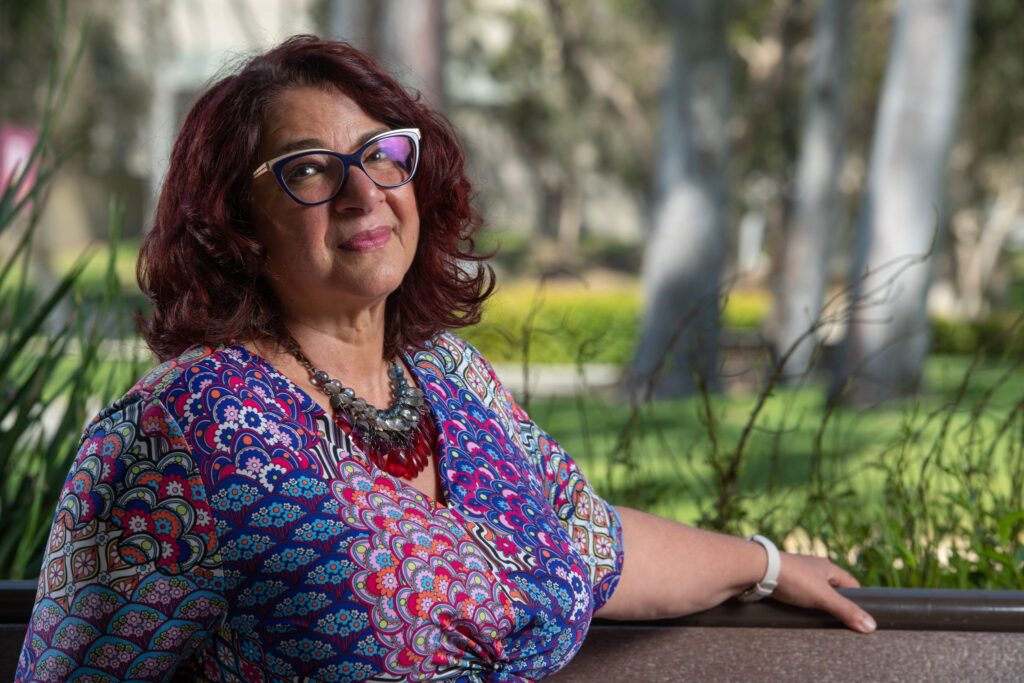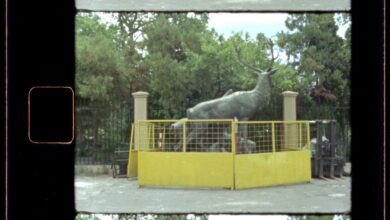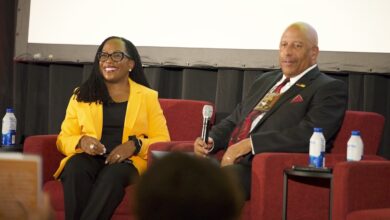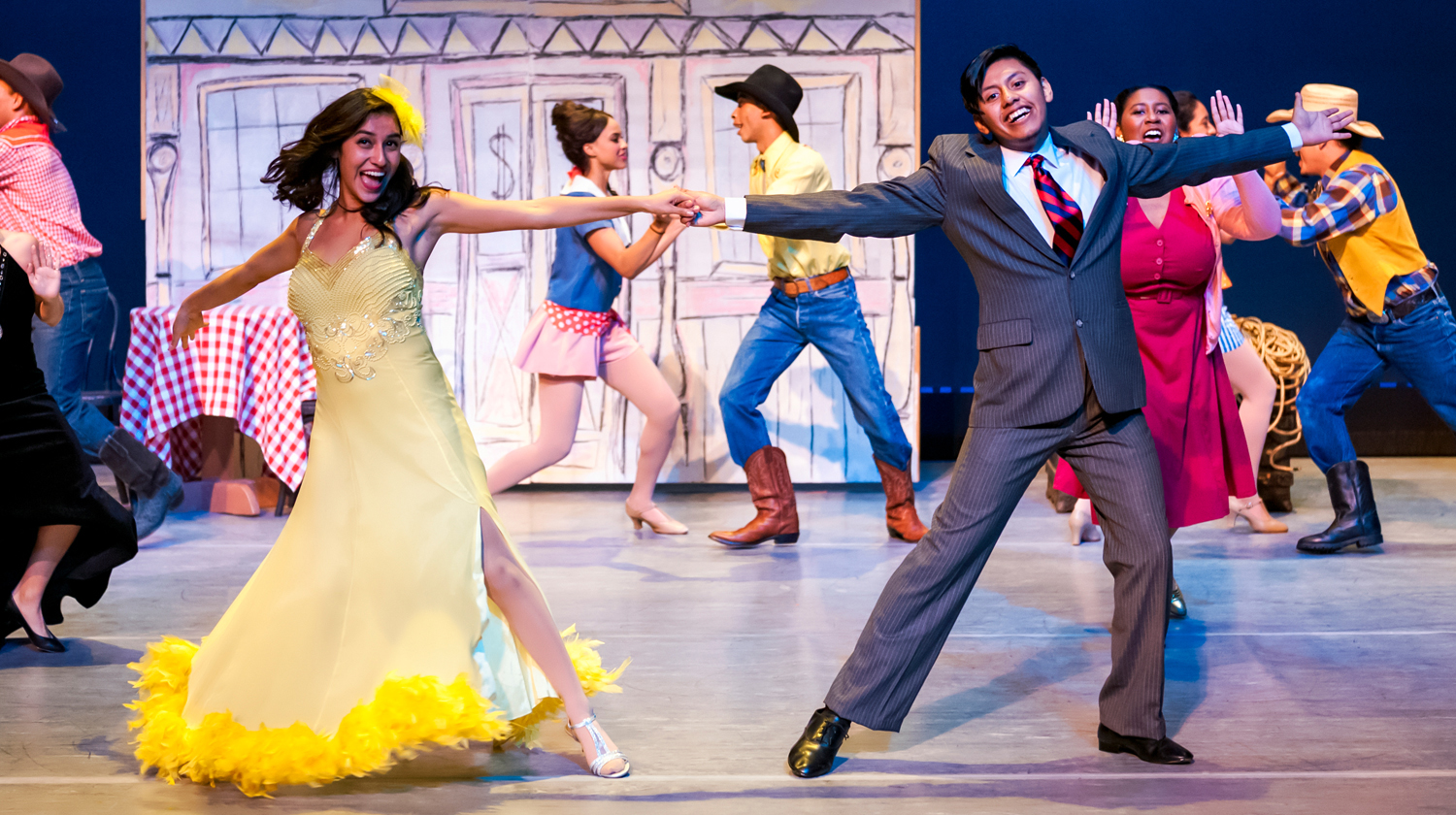
Professor of History Laura Talamante values her connections with her students, her colleagues, and her research. She thrives off of meaningful interactions, and is always seeking ways to make learning more enjoyable and relevant both in and out of the classroom.
“Seeing the students light up is such a joy,” she says. “I love those moments when I can help them really engage with their education.”
Over the course of her 15 years at CSUDH, Talamante has brought an impressive amount of programming to campus to do just that–most recently with the It Takes a Village series and the CSUDH Women’s Leadership Workshops. She has done so while serving in a variety of roles, including as Academic Senate Chair (2017-2019, 2020-2021) and Vice Chair (2016-2017, 2019-2020), History Department Chair (2020-Present), Statewide Senator (2021-2024), as well as Co-Chair of the Gender Equity Task Force (2019-2022), among others. In 2018, she won an Excellence in Service Award for her many contributions.
“I’m really proud of the opportunities here to bring people together across disciplines and colleges to do meaningful extracurricular programing,” she says. “I love being able to make an impact and work with my colleagues to create something unique.”
Now, Talamante has earned another feather for her cap–she has been awarded the 2023 Presidential Outstanding Professor Award, which honors CSUDH individuals for their teaching, commitment to their desired field, and service to the campus and CSU system.
“I am so honored,” Talamante says of winning the award. “There are many outstanding faculty and staff who equally deserve this type of recognition.”
“We all put so much passion and effort into our work. I really care deeply about our students and the quality of our lives.”
Talamante, who attended UC Berkeley as a first-generation college student and single mother, says that she strongly identifies with her students at CSUDH. She highly values mentorship and developmental advising, since her own mentors played a key role in her educational and professional success. Talamante relishes speaking with students about their aspirations, strategizing with them, and helping them to navigate their college journey.
“As a faculty advising fellow, I learned to ask students what’s important to them so that we can create alignments for their future careers,” she says. “That’s so exciting for me. I want students to see the many paths available to them and know I’m an advocate for them.”
Inside the classroom, where she teaches European and women’s history, Talamante also endeavors to bring new opportunities for her students to push themselves beyond their typical coursework. She has them participate in mock conferences–complete with submission of abstracts, printed programs, and oral presentations–and engages students with her own research proposals so that they can better understand how academia works.
“What the students produce is so good,” she says. “When they do this work, they get to see themselves in a way that elevates their sense of self and their experience in the major. That’s inspiring.”








